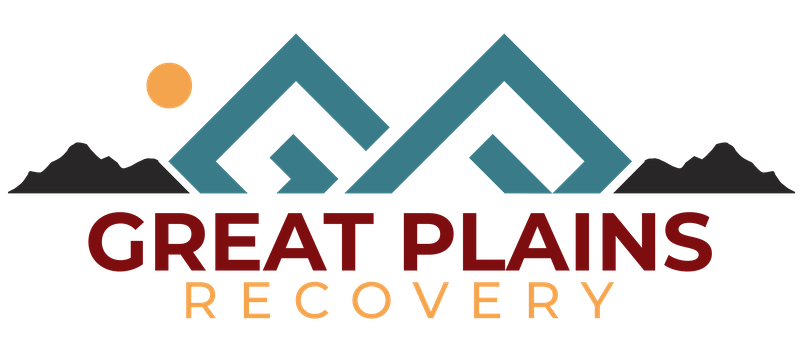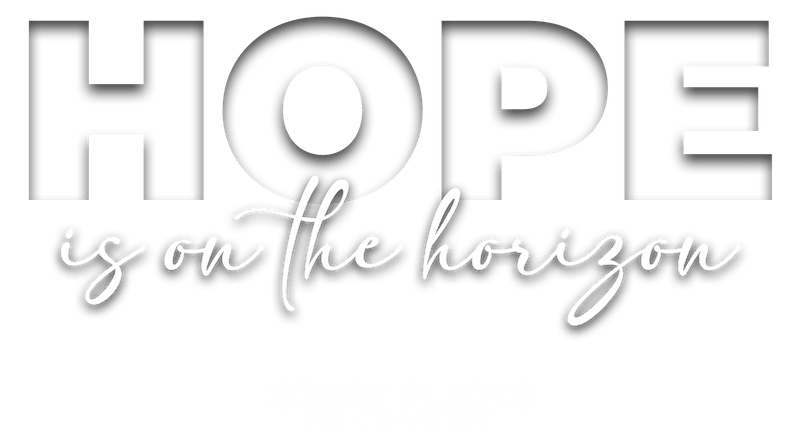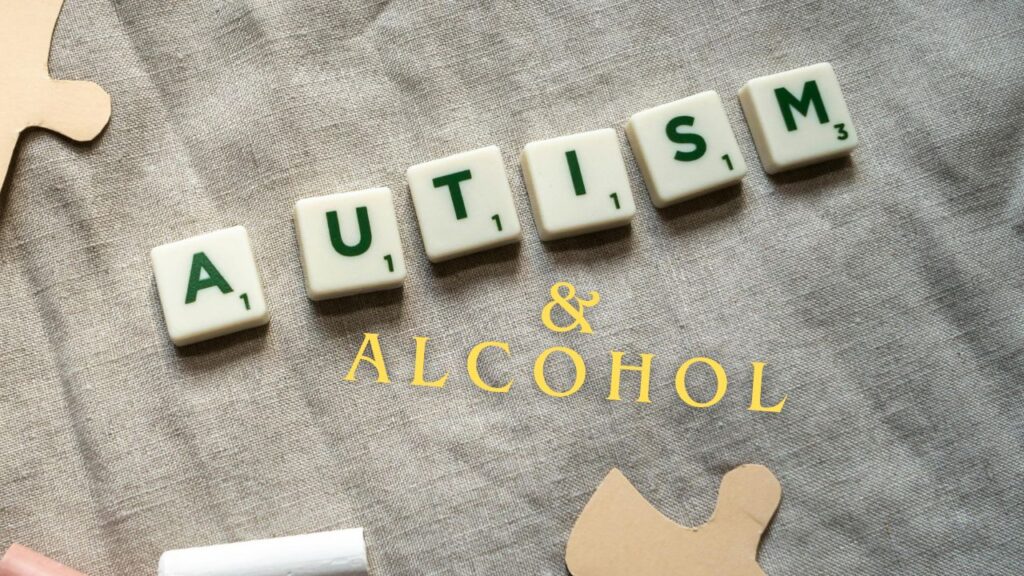
For individuals with Autism Spectrum Disorder (ASD) and their families in Oklahoma, understanding the relationship between autism and alcohol use is crucial for making informed healthcare decisions. At Great Plains Recovery Center in Tulsa, we recognize the unique challenges that arise when ASD and alcohol use intersect, and we provide specialized care that addresses both conditions with expertise and compassion.
The Connection Between Autism and Alcohol Use
Recent studies reveal a complex relationship between ASD and alcohol consumption. While individuals with autism are generally less likely to drink alcohol compared to the general population, those who do drink face a higher risk of developing alcohol use disorders. In Oklahoma, where approximately 1 in 54 children are diagnosed with ASD, understanding this connection is particularly important for our community.
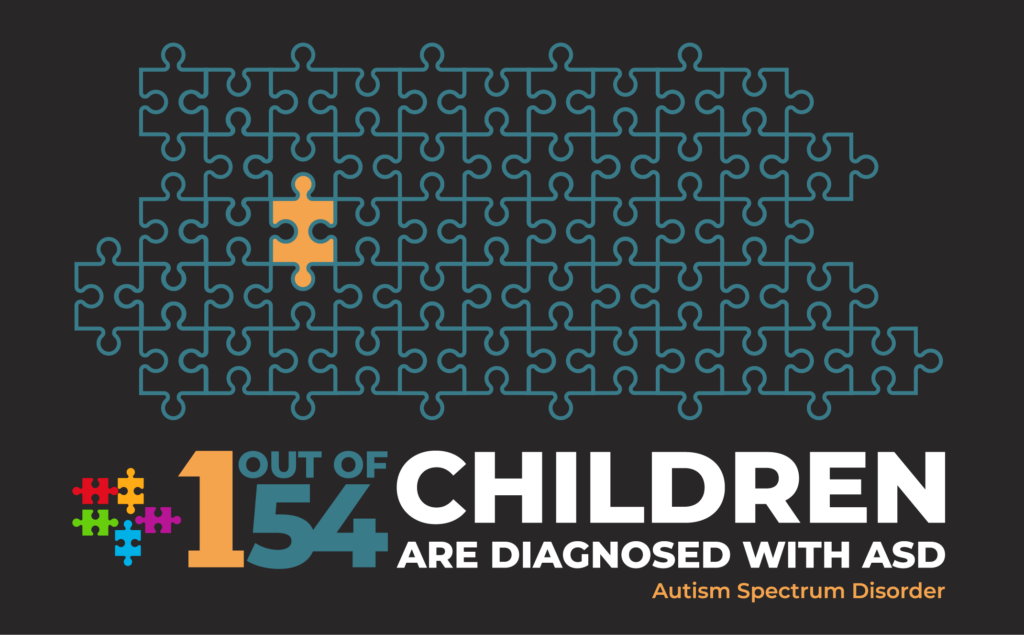
1 out of 54 children are diagnosed with ASD in Oklahoma
Drinking Patterns and Social Factors
Individuals with ASD often experience social challenges that can influence their relationship with alcohol. Some may use alcohol as a way to reduce social anxiety in group settings, manage overwhelming sensory experiences, cope with the challenges of daily social interactions, and temporarily ease communication difficulties.
However, this self-medication approach can lead to problematic drinking patterns, especially when combined with ASD’s tendency toward routine-based behaviors.
Understanding Risk Factors
Lower Overall Use, Higher Risk of Problems
Research shows that young adults with ASD are significantly less likely to engage in social drinking or binge drinking compared to their neurotypical peers. However, those who do drink are more vulnerable to developing alcohol problems for several reasons:
- Tendency toward routine-based behaviors can lead to ritualistic drinking patterns
- Difficulty recognizing early warning signs of alcohol dependence
- Challenges in communicating distress or seeking help
- Increased likelihood of co-occurring conditions like anxiety and depression
The Impact of Co-occurring Conditions
Many individuals with ASD also experience attention-deficit/hyperactivity disorder (ADHD), anxiety disorders, depression, and sensory processing differences. These conditions can increase the likelihood of using alcohol as a coping mechanism, making specialized treatment essential.
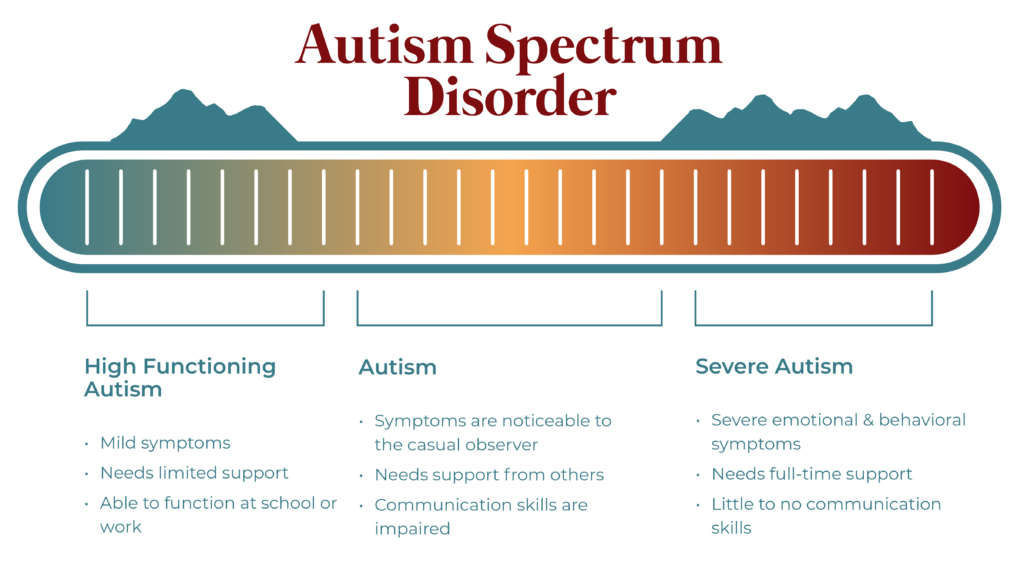
Recent studies reveal a complex relationship between Autism Spectrum Disorder and alcohol consumption
Specialized Treatment at Great Plains Recovery Center
At our Tulsa facility, we’ve developed comprehensive treatment approaches that address both ASD and alcohol use disorder with sensitivity and expertise.
Individualized Care Plans
We recognize that each person with ASD experiences the world differently. Our treatment plans are highly individualized, taking into account specific sensory sensitivities, communication preferences, special interests that can be incorporated into recovery, family dynamics and support systems, and co-occurring mental health conditions.
Recovery Support Strategies
Building Sustainable Recovery
Our program helps individuals develop healthy coping mechanisms that work with their ASD, not against it, strong support networks within the Oklahoma community, alternative stress management techniques, structured daily routines that support sobriety, and clear communication strategies with family and friends.
Family Support and Education
We provide comprehensive support for families, including education about the intersection of ASD and alcohol use, communication workshops, support group connections in the Tulsa area, guidance on creating supportive home environments, and resources for long-term recovery support.
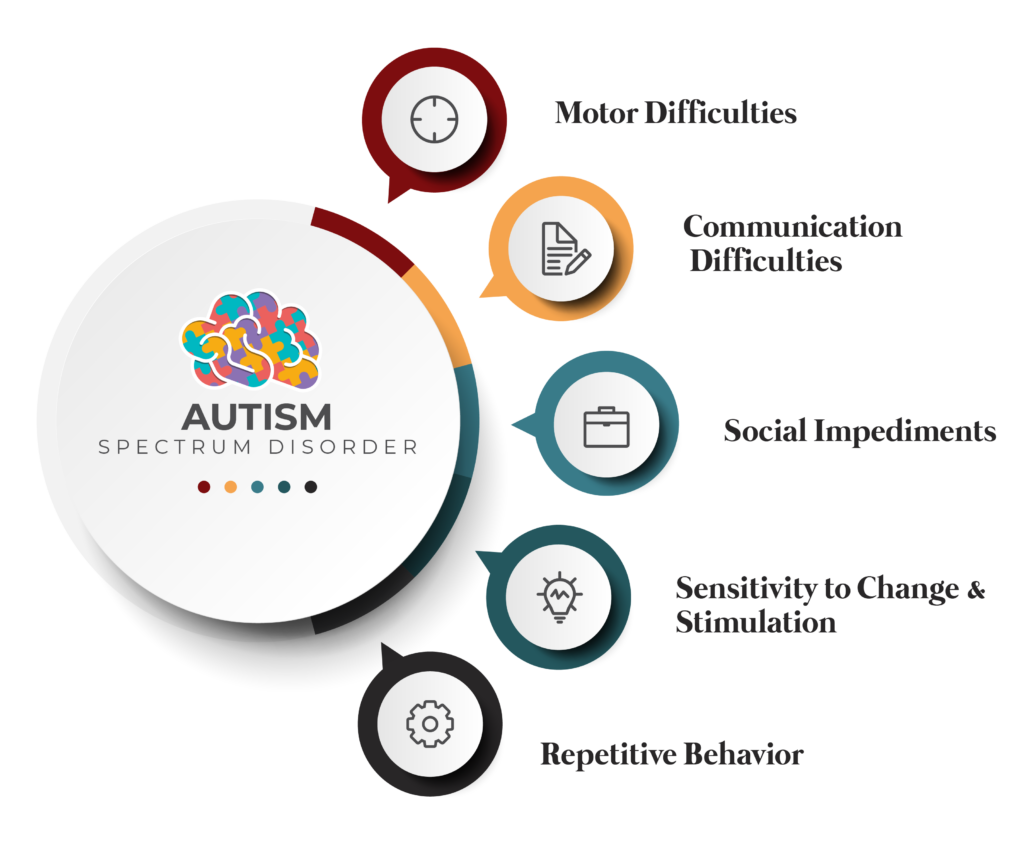
We provide comprehensive support for families, including education about the intersection of Autism Spectrum Disorder and alcohol use
Local Resources and Support
In addition to our treatment programs, we can connect clients with valuable community resources throughout Oklahoma, including local autism support groups, recovery community organizations, family support networks, vocational rehabilitation services, and ongoing mental health care providers.
Getting Help at Great Plains Recovery Center
If you or a loved one with ASD is struggling with alcohol use, we’re here to help. Our Tulsa facility offers specialized care that understands and addresses the unique challenges of this dual diagnosis.
Contact us to learn more about our programs:
Phone: 844-918-3518
Location: 7210 S. Yale Ave, Tulsa, OK 74136
Our admissions team is available 24/7 to answer your questions and guide you through the first steps toward recovery. With our expertise in both autism spectrum disorders and addiction treatment, we provide the comprehensive care needed for lasting recovery.
Don’t wait to seek help. Contact Great Plains Recovery Center today to learn how our specialized treatment programs can support you or your loved one’s journey to recovery in a way that respects and accommodates the unique aspects of autism spectrum disorder.


